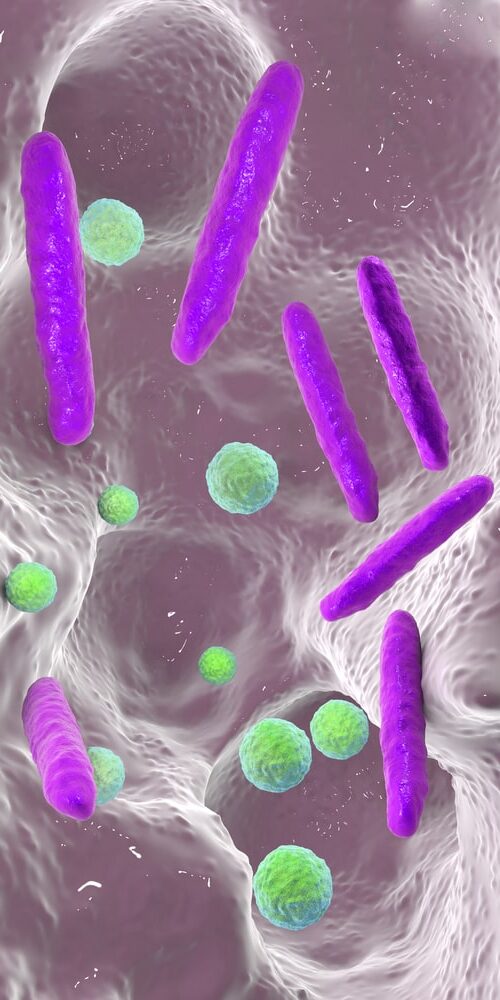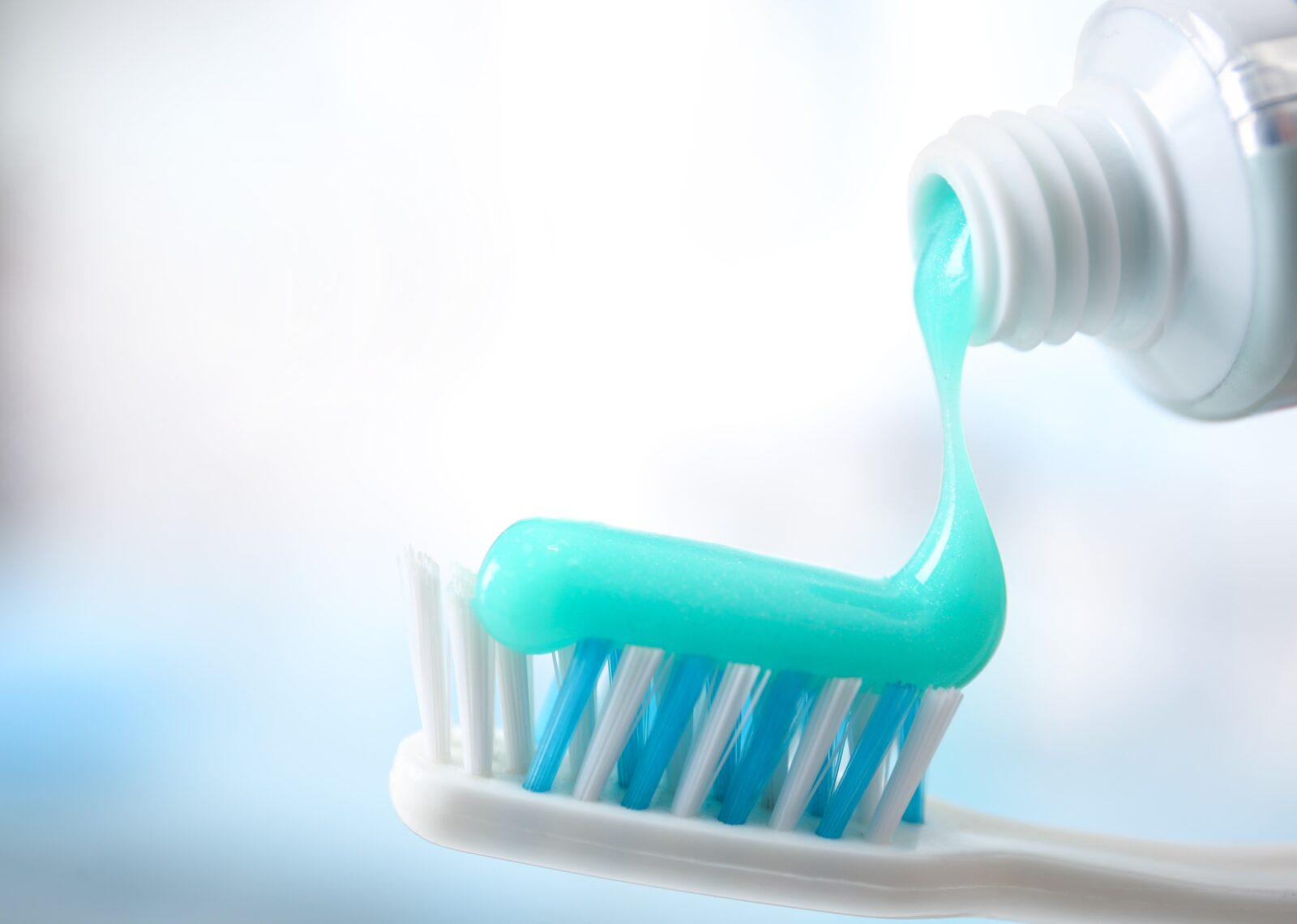Bad breath, also known as halitosis, can be a real turnoff. It’s not just a case of having bad breath once in a while – it’s a condition that can persist for weeks or even months at a time. If you’re experiencing bad breath on a regular basis, it’s important to see your dentist to determine the cause and get treatment. In this blog post, we’ll discuss the different factors that can cause bad breath and how to get rid of it for good!
What is halitosis?
Halitosis is defined as an unpleasant or offensive mouth odor. It can be caused by a variety of factors, including poor oral hygiene, certain foods and drinks, smoking, and gum disease. Halitosis can also be a sign of a more serious underlying condition, such as diabetes or kidney disease.
The most obvious symptom of halitosis is bad breath. Other symptoms may include a dry mouth, a sour taste in the mouth, and difficulty swallowing. If you experience any of these symptoms on a regular basis, it’s important to see your dentist to rule out any underlying dental or medical conditions.
What causes halitosis?
There are many different factors that can cause halitosis.

Bacteria:
Bacteria are one of the most common causes of bad breath. When food particles are left in the mouth, they can start to decay and release an unpleasant odor.
Foods/Drinks:
Certain foods and drinks, such as garlic, onion, coffee, and alcohol, can cause bad breath. These foods and drinks can leave behind a residue in the mouth that leads to bad breath. Not only that, but once food is digested, it is absorbed into the bloodstream and can affect the way the air you exhale smells.
Poor Oral Hygiene:
If you don’t brush and floss regularly, food particles and bacteria can build up in your mouth, leading to bad breath.
Sugar:
Eating too much sugar can cause bad breath. Sugar promotes the growth of bacteria in the mouth and can lead to tooth decay.
Smoking:
Smoking is a major cause of bad breath. The smoke, tar, and nicotine from cigarettes sticks to your teeth and gums, causing an unpleasant odor.
Digestive Problems:
Digestive problems, such as acid reflux, can cause bad breath. When stomach acid comes up into the mouth, it can leave behind an unpleasant odor. Not only that, but this can eventually lead to enamel erosion, tooth sensitivity, and other problems.
Dry Mouth:
Dry mouth is another common cause of bad breath. When your mouth is dry, there’s less saliva to wash away food particles and bacteria. This can lead to a build-up of odor-causing bacteria. Dry mouth can also cause your mouth to become more acidic, which also contributes to bad breath.
Gum Disease:
Gum disease is a serious condition that can cause bad breath. Gum disease is caused by a build-up of plaque on the teeth and gums. This can lead to inflammation, bleeding, and an unpleasant odor. Untreated gum disease can also lead to tooth loss, so it is important to seek treatment from your dentist as soon as possible.
How to Get Rid of Bad Breath
Bad breath can be a real nuisance. But there are ways to get rid of it for good! Here are some tips:

- Brush and floss regularly: This will help to remove food particles and bacteria from your mouth. You should brush at least twice a day and floss daily.
- See your dentist: If you have bad breath on a regular basis, see your dentist to rule out any underlying dental or medical conditions.
- Quit smoking: Smoking is a major cause of bad breath. Quitting will help to freshen your breath and improve your overall health.
- Drink plenty of water: Drinking water helps to keep your mouth hydrated and wash away food particles and bacteria.
- Avoid sugary foods: Eating too much sugar can cause bad breath. Try to limit your intake of sugary foods and drinks.
- Use a tongue scraper: A tongue scraper is a tool that helps to remove bacteria from the tongue.
- Chew sugarless gum: Chewing gum can help to freshen your breath and stimulate saliva production.
- Try a mouthwash: Mouthwashes can help to kill bacteria and freshen your breath. Just be sure to use a mouthwash that is alcohol-free.
In Conclusion
In this blog, we have discussed halitosis and its many causes. We have also listed some tips on how to get rid of bad breath. If you are concerned about your bad breath, be sure to see your dentist to rule out any underlying dental or medical conditions. Thanks for reading!
